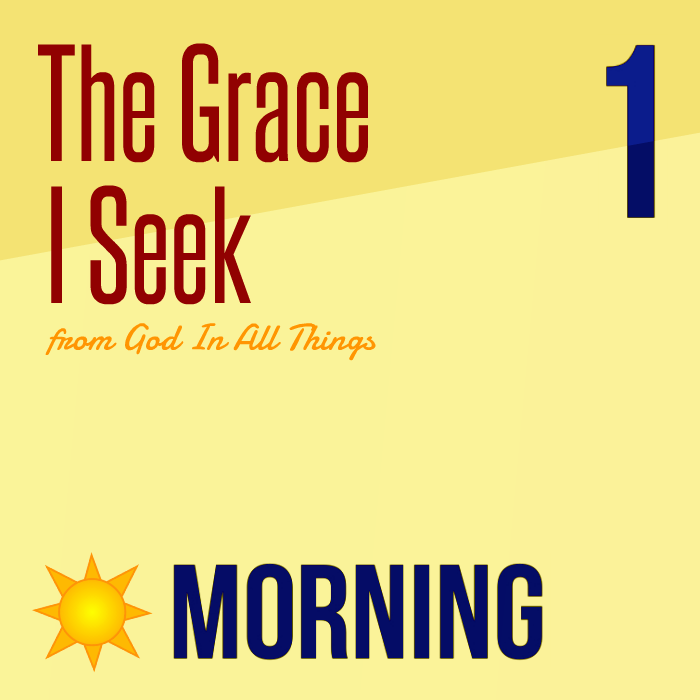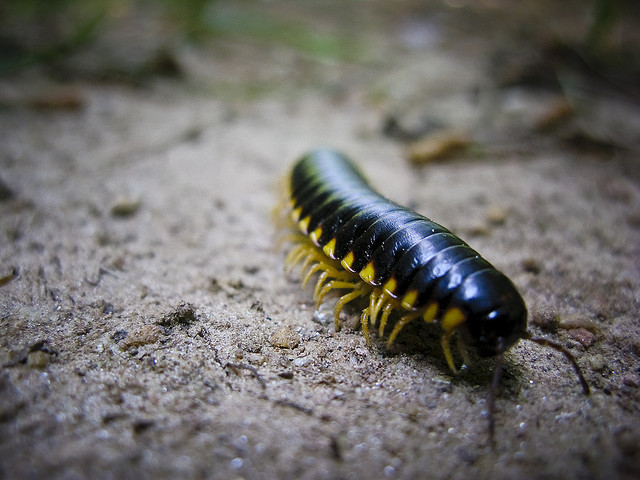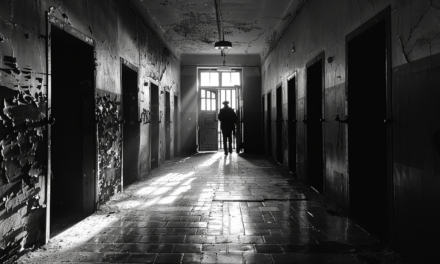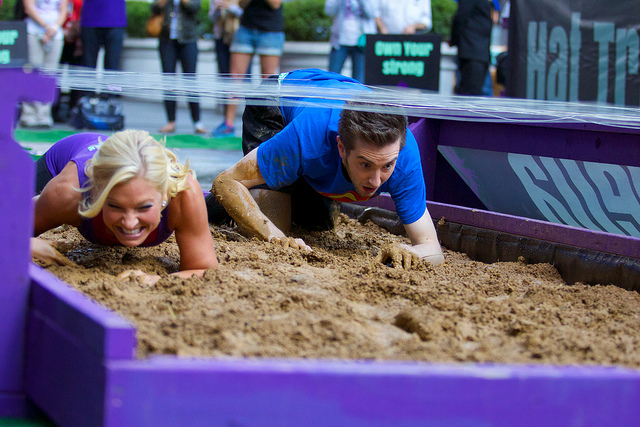 The mud squished and sloshed against our shoes as we wound our way around mile three. Specks of dirt lined our faces, and our hair was matted in various shapes and directions. “Only two more miles,” I yelled to Chelsea and Marie. We were making progress on the dirty Mudderella course full of different obstacles, painted in purple. Signs passed us saying, “you are stronger than you were yesterday,” and “believe in yourself.” This mud race was for Futures Without Violence, an organization that has worked for over thirty years to prevent domestic abuse against women, children, and families. The woman at the beginning of our race motivated us by saying, “Don’t think of this as a race – think of this as your life. Like life, this course will be dirty and full of obstacles, but we are strong enough to overcome them.”
The mud squished and sloshed against our shoes as we wound our way around mile three. Specks of dirt lined our faces, and our hair was matted in various shapes and directions. “Only two more miles,” I yelled to Chelsea and Marie. We were making progress on the dirty Mudderella course full of different obstacles, painted in purple. Signs passed us saying, “you are stronger than you were yesterday,” and “believe in yourself.” This mud race was for Futures Without Violence, an organization that has worked for over thirty years to prevent domestic abuse against women, children, and families. The woman at the beginning of our race motivated us by saying, “Don’t think of this as a race – think of this as your life. Like life, this course will be dirty and full of obstacles, but we are strong enough to overcome them.”
I found myself transported to my year volunteering in Guayaquil, Ecuador in the middle of our race. The rains had come the night before our re-enaction of the Via Crucis, or “way of the cross.” The parish where my community and I worked had planned a walk between the three different parish locations. The youth group organized and acted out the stations together. One of my community mates cut notches out of solid, cylindrical branches of sugar cane and tied them together to make the cross. Toño, a member of the youth group who played Jesus, dragged the cross through the muddy, unpaved streets as we wound our way around the neighborhood. We walked behind him slowly and sang songs. We would stop at different houses and celebrate a station. I saw some of my neighbors walking in the mud without shoes. I decided to follow suit.
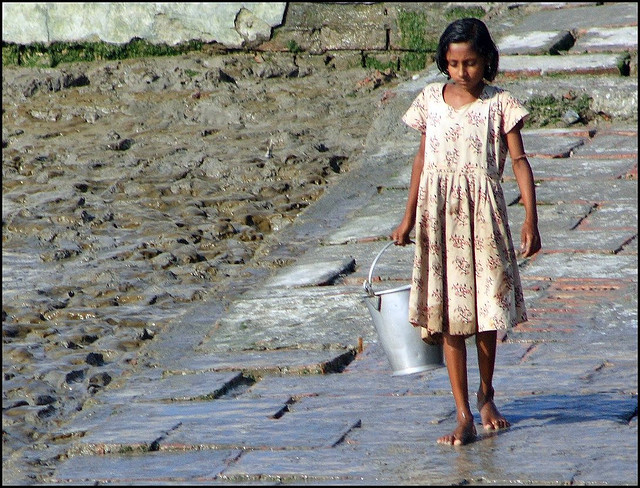 The mud of suffering
The mud of suffering
Victims of domestic violence, poverty, and other social ills attest to the fact that human suffering is one of the only universal experiences that we face. Everyone is dirty from the mud of suffering. Sometimes, it can be hard for each of us to see how much suffering we cake on ourselves, or have thrown onto ourselves from outside circumstances. We become covered in the mud, forgetting what life was like when we were clean, before we had suffered. Some people choose to ignore the suffering that loads them down, others believe they have chosen to endure hardships through their own choices, and still others relativize their amount of suffering in light of seeing the suffering of others. Yet the fact remains that each of us are plunged into a pool of suffering that soils us throughout our lives.
The incredible thing about suffering is that we do not have to go through it alone. We walk and run together through all of the muddy suffering of our lives if we can remember that we belong to each other. This is a large part of what Jesus’ life, ministry, death, and resurrection is about. God did not wish human beings to be alone; God reached out to each one of us through the pain and suffering of human life through becoming fully human. This wonderful mystery characterizes the Christian life, and shows that the God of life desires to walk with us in our dirty and muddy states, so that we might be made clean.
One way we can reflect on God’s desire to be in relationship with us through our suffering is by praying the Colloquy with Jesus on the Cross. This prayer, found in the third week of St. Ignatius’ Spiritual Exercises, invites each of us to imagine ourselves standing in front of Jesus hanging on the cross. Ignatius then invites us to contemplate how God has become a human being through him, and how his sacrifice on the cross washes away the pain of suffering and sin for all people. Finally, Ignatius asks us to look inside of ourselves and ask, “What have I done for Christ? What am I doing for Christ? and What ought I do for Christ?”
As I reflect on these questions now, I find that my two physical experiences with mud during my mud race and my time in Guayaquil, Ecuador, are connected to the way that Christ lived with us and died for us. God entered the world not to condemn human beings or to cause them more suffering. God entered the world to give us an example of how we belong with one another. Christ accompanied all people, tax collectors and beggars, because everyone suffers and deserves God’s love. His challenge for us to love one another as we love ourselves as individuals allows us to recognize the way that suffering has left every person muddy and dirty. Discovering the universal truth about human suffering allows us to recognize our common, vulnerable humanity and the hope that comes from the God of life through Jesus.


